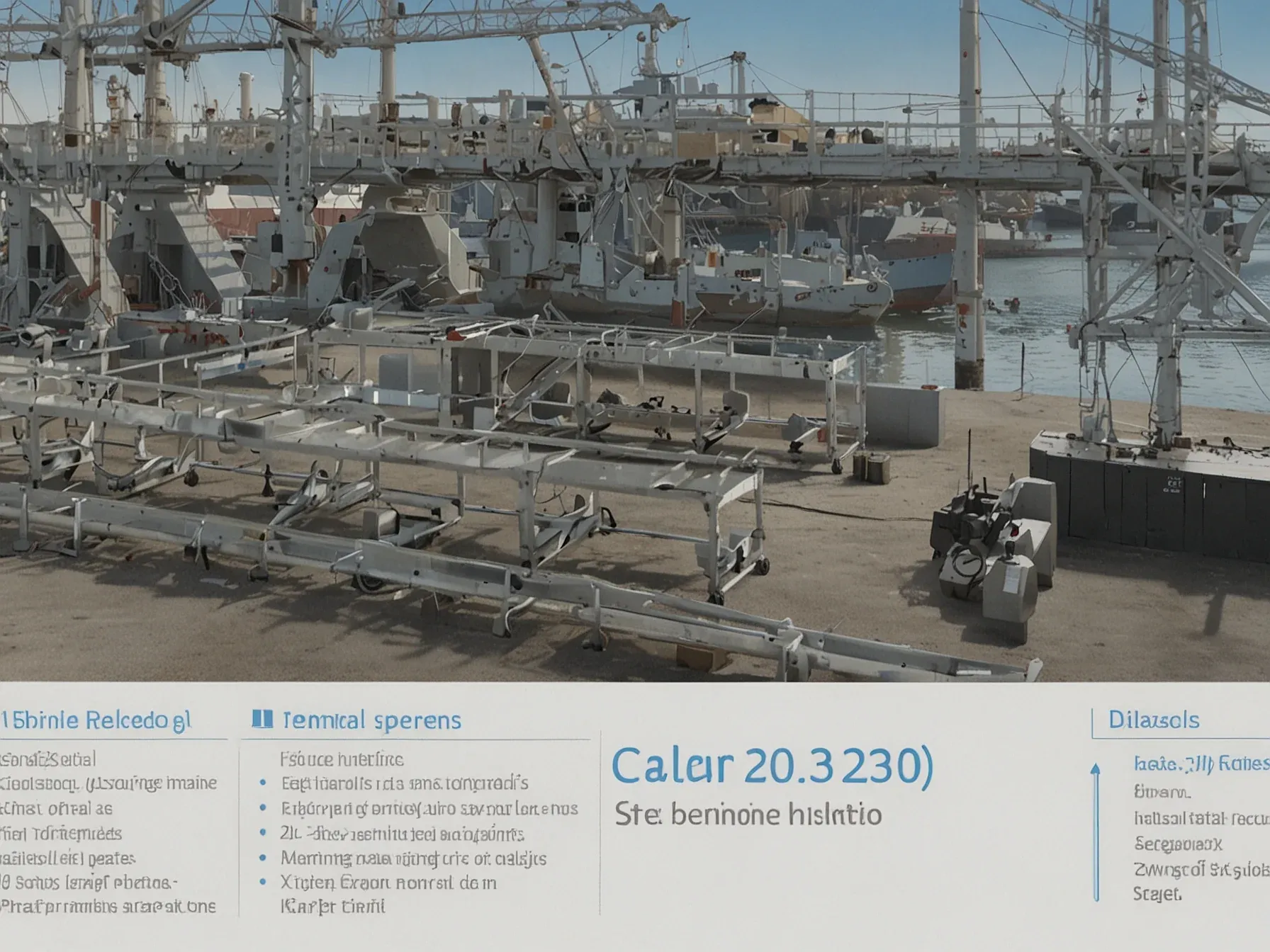
Editorial illustration for TCS Unveils AI Platform as Healthcare AI Adoption Jumps to 86% in India
TCS AI Platform Revolutionizes Clinical Trial Management
TCS launches AI platform for trial oversight as India's AI use rises to 86% from 65%
India's healthcare technology sector is experiencing a dramatic digital transformation, with artificial intelligence rapidly reshaping clinical trial management. Tata Consultancy Services (TCS) is positioning itself at the forefront of this shift, launching a new AI platform designed to simplify complex medical research processes.
The company's strategic move comes at a critical moment for the industry. Recent data reveals a stunning acceleration in AI adoption among healthcare global capability centers, jumping from 65% to 86% in just five years.
TCS's platform promises to address key challenges in clinical trials, where precision and risk management are key. By using advanced AI technologies, the company aims to help researchers improve patient recruitment, enhance monitoring capabilities, and reduce operational complexities.
The timing couldn't be more significant. As healthcare organizations increasingly seek technological solutions to improve research and patient care, TCS's new approach signals a potential turning point in how medical trials are conducted in India's rapidly evolving digital landscape.
Industry trends support TCS's push toward AI-driven oversight. Adoption of AI in India's healthcare GCCs has risen sharply from 65% in 2019 to 86% in 2024, Zinnov managing partner Karthik Padmanabhan told AIM, noting that AI tools are now central to improving patient recruitment, monitoring risks, and ensuring regulatory compliance. The update comes as the life sciences industry increasingly relies on AI and analytics to navigate stricter regulations and the challenges of decentralised, adaptive trials.
TCS notes that the platform is aligned with international guidelines ICH E6(R2) and the upcoming E6(R3), and incorporates Quality by Design principles from the start of a study through execution. TCS says the platform has been used in more than 1,300 studies across 32,000 sites, a sign that AI-driven oversight is fast becoming a standard part of modern clinical research.
TCS's new AI platform arrives at a key moment for healthcare technology in India. The dramatic rise in AI adoption, from 65% to 86% in just five years, signals a profound shift in how clinical trials and patient monitoring are conducted.
AI tools are quickly becoming needed for healthcare global capability centers, particularly in simplifying complex processes like patient recruitment and risk management. Regulatory compliance remains a key driver of this technological transformation.
The platform represents more than just a technological upgrade. It reflects an industry-wide recognition that traditional oversight methods are insufficient in an increasingly complex healthcare landscape.
Karthik Padmanabhan's insights suggest this isn't a passing trend. AI has moved from experimental to fundamental, with tools now central to operational efficiency and strategic decision-making in clinical research.
Still, questions remain about buildation challenges and long-term effectiveness. But for now, TCS seems positioned at the forefront of this technological wave, offering solutions that align with rapid industry shifts.
Common Questions Answered
How has AI adoption changed in India's healthcare global capability centers between 2019 and 2024?
AI adoption in India's healthcare global capability centers has dramatically increased from 65% in 2019 to 86% in 2024. This significant rise reflects the growing importance of AI tools in improving clinical trial management, patient recruitment, and regulatory compliance.
What specific capabilities does TCS's new AI platform aim to address in healthcare research?
TCS's AI platform is designed to simplify complex medical research processes, with a focus on enhancing clinical trial management. The platform targets key areas such as patient recruitment, risk monitoring, and ensuring regulatory compliance in the healthcare technology sector.
Why are AI tools becoming increasingly critical for healthcare global capability centers?
AI tools are becoming essential for healthcare global capability centers due to the need to navigate increasingly strict regulations and manage decentralized, adaptive clinical trials. These technologies help streamline complex processes, improve patient monitoring, and ensure more efficient and compliant medical research.




